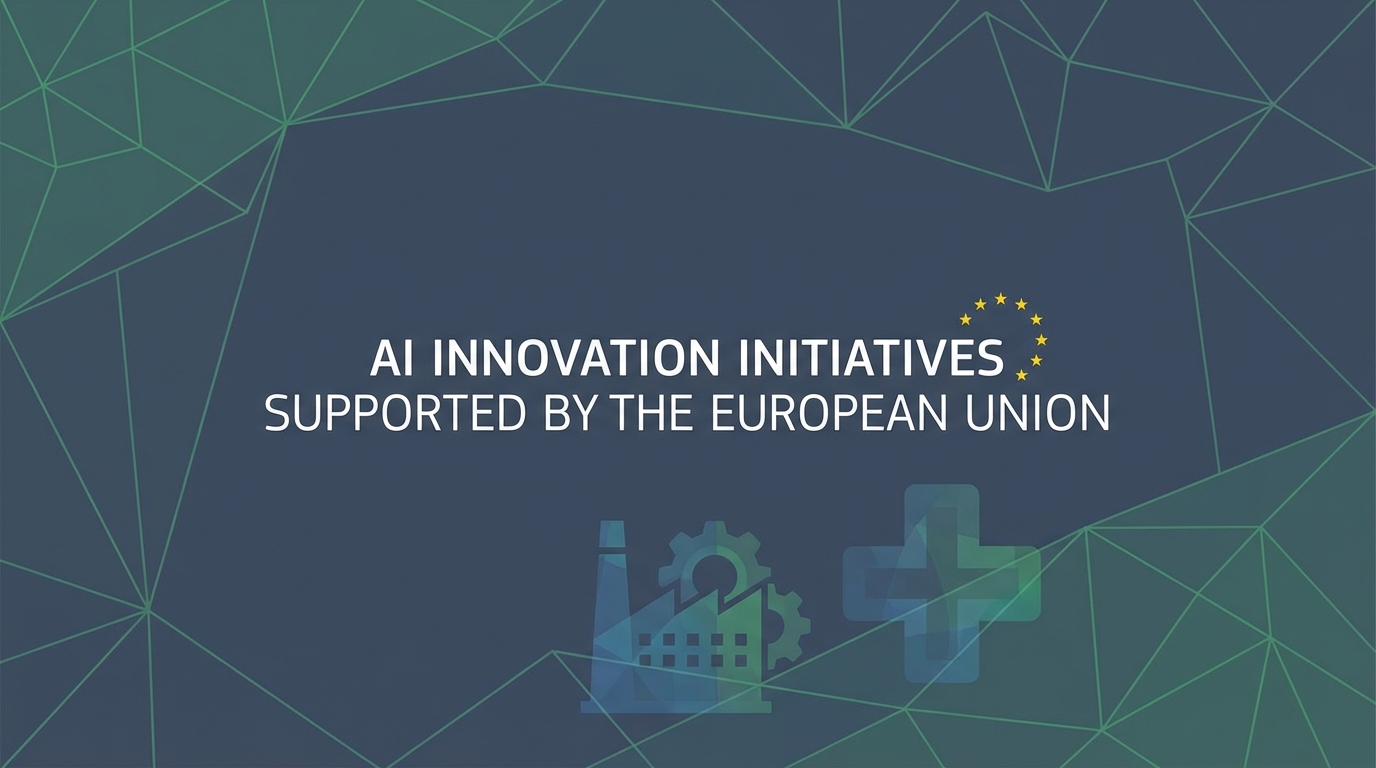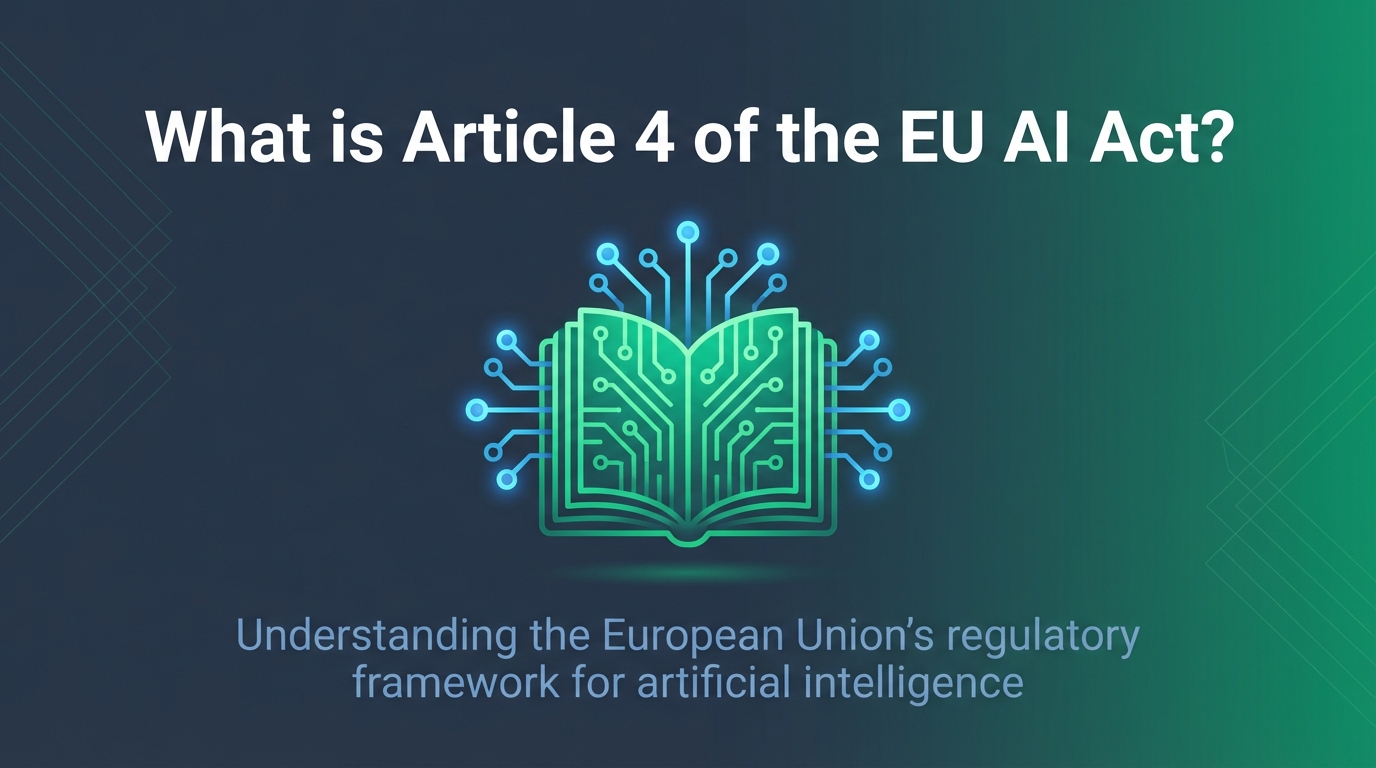AI Innovation Initiatives Supported by the European Union

While the European Union has received both praise and flak for adopting the first-ever legislation on regulating AI, measures initiated for fostering innovation have not received as much attention. The union is clear that it does not wish to be left behind in what is believed to be a decisive moment in the history of our civilization.
In January 2024, the European Commission launched a comprehensive package of measures to support the development of trustworthy artificial intelligence. This initiative aims to foster AI innovation while ensuring compliance with ethical and regulatory standards. You can read more about the impact of the EU AI Act on startups.
AI Factories: Powering the Next Generation of AI
A key component of this initiative is the creation of AI Factories. These dynamic ecosystems bring together the essential elements for developing cutting-edge generative AI models: computational power, data, and talent. AI Factories leverage the supercomputing capacity of the European High-Performance Computing Joint Undertaking (EuroHPC JU) to support startups and innovators.
The European Commission and Member States will invest €2.1 billion through the EuroHPC JU to acquire or upgrade supercomputers with AI capabilities and develop AI-oriented microprocessors.
Testing and Experimentation Facilities (TEFs): Bridging the Gap
Complementing the AI Factories are the Testing and Experimentation Facilities (TEFs), which offer physical and virtual environments where tecnologia providers can test AI solutions in real-world settings. These facilities play a crucial role in:
- Validating and promoting trustworthy AI innovations.
- Assisting European innovators in bringing solutions to market.
- Supporting the implementation of the AI Act through regulatory sandboxes.
The Digital Europe Programme is funding TEFs in four high-impact sectors:
- Agri-Food: agrifoodTEF
- Healthcare: TEF-Health
- Manufacturing: AI-MATTERS
- Smart Cities: Citcom.AI
Conclusion
The EU's comprehensive approach to AI innovation demonstrates its commitment to fostering a thriving ecosystem while maintaining a strong focus on trust, ethics, and compliance. By combining substantial investments with robust testing facilities, the EU is positioning itself as a global leader in responsible AI development.

